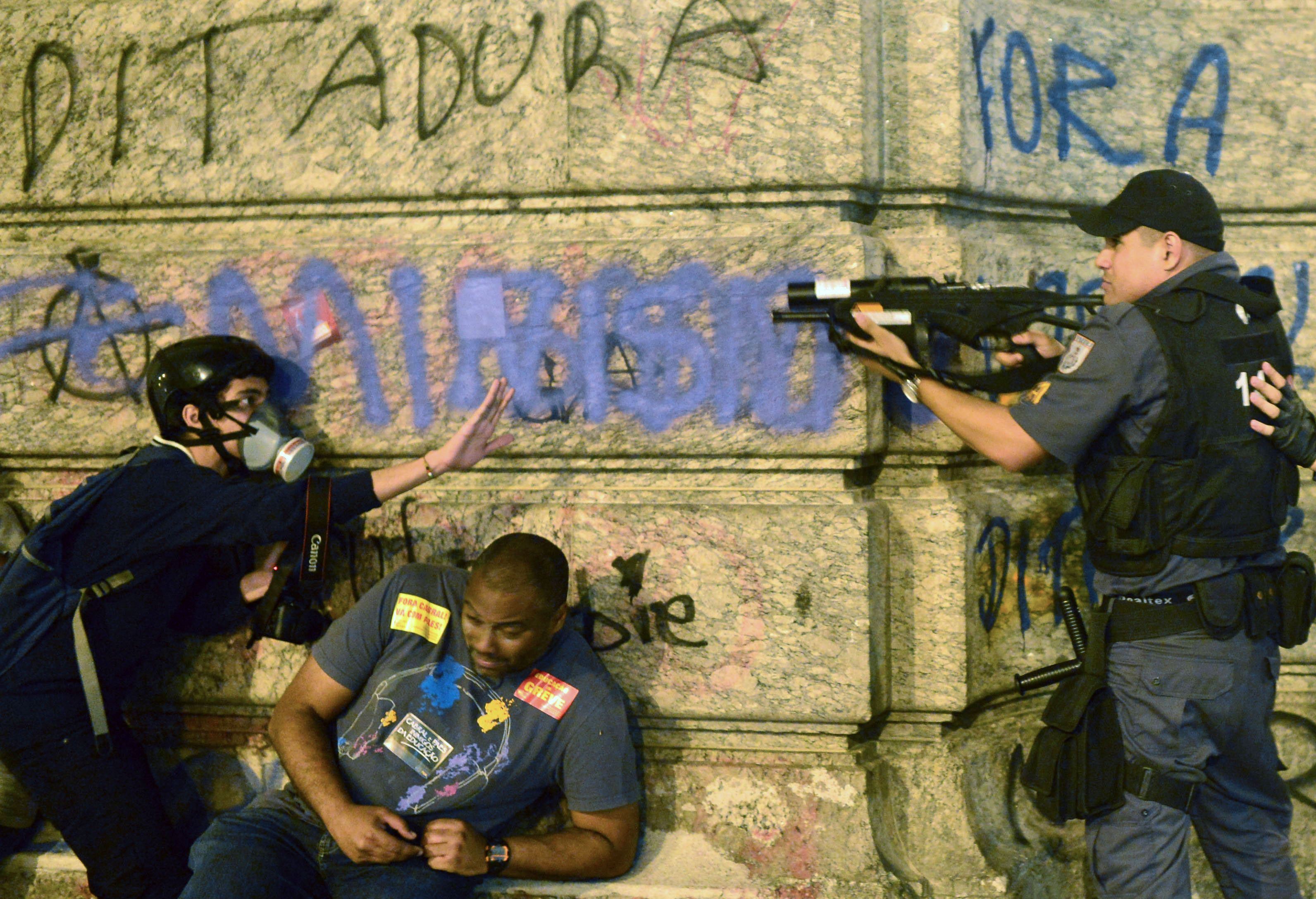The night of June 30 was one of intense drama in Rio de Janeiro. Inside the newly refurbished Maracana stadium, still slick with plaster dust, a gladiatorial atmosphere turned to celebration as Neymar scored Brazil's second goal in a 3-0 victory over Spain in the Confederations Cup final, on the cusp of half-time.
This dramatic game could have been the perfect curtain-raiser for the 2014 World Cup, were it not for the scenes outside the stadium, where thousands of protesters faced off against police in riot gear, the air thick with tear gas and insults. Last Tuesday, the story was repeated. As TV Globo showed the 2-0 victory over Poland that clinched England's place in the finals, 10,000 people joined a protest in central Rio in support of striking teachers, a few kilometers from the Maracana.
As teachers began to drift home, the sound of carnival drums was replaced by the thump of percussion grenades and the hiss of exploding tear gas canisters as hundreds of black-clad youths, known as the "Black Bloc" after the anarchist demonstration tactics they adhere to, began battling outnumbered police. Demonstrators trashed bank foyers, cash machines, phone booths and a mobile phone shop. Hundreds were detained.



